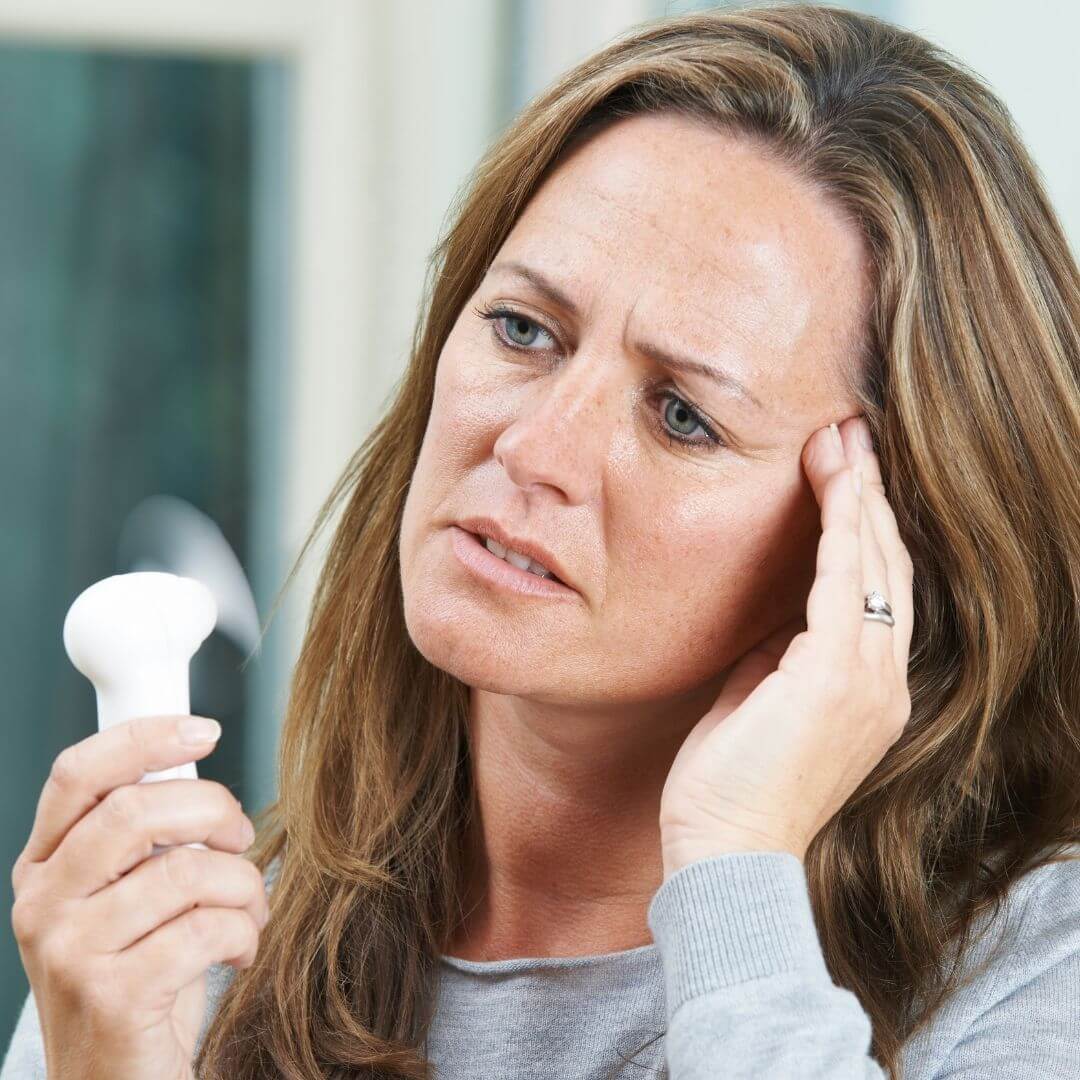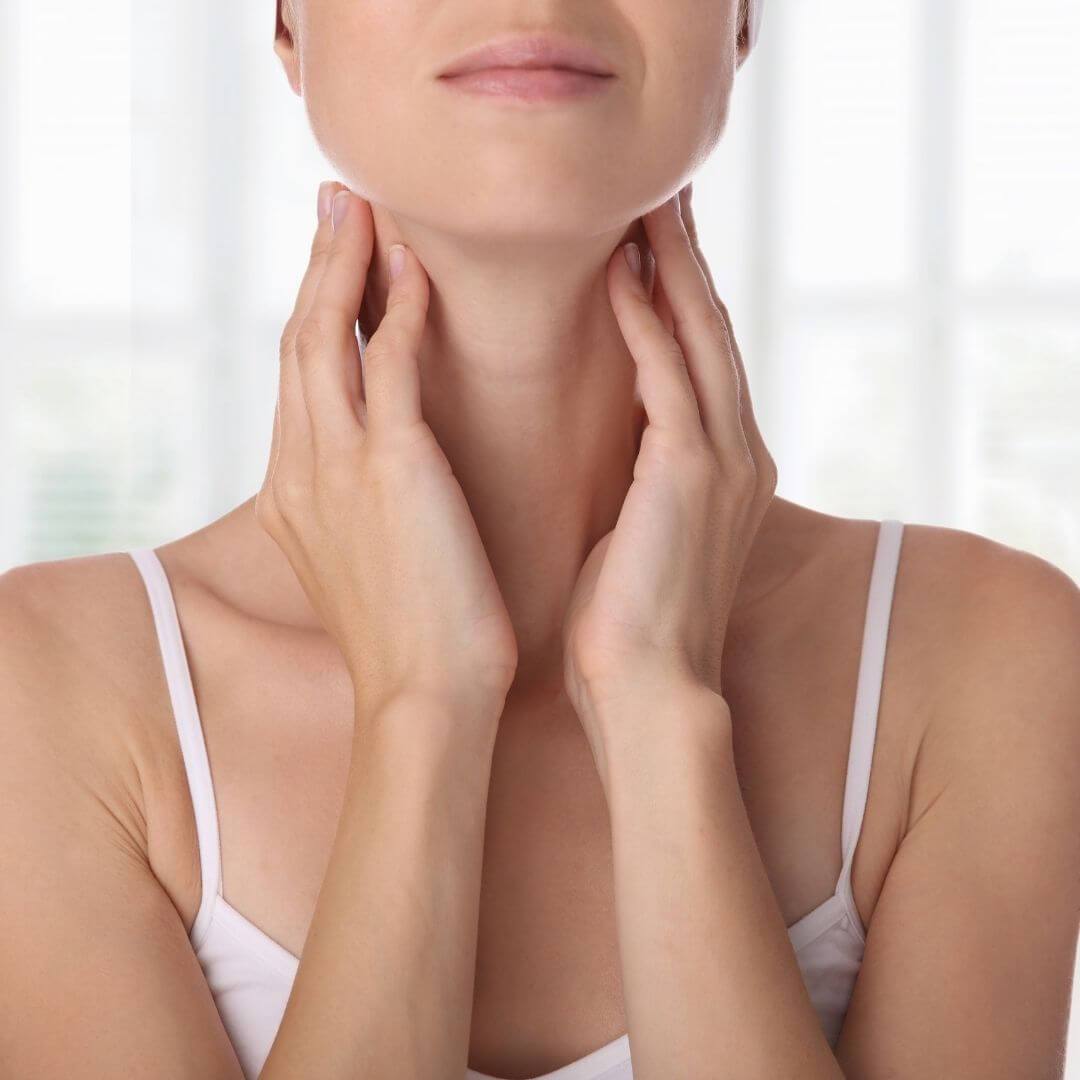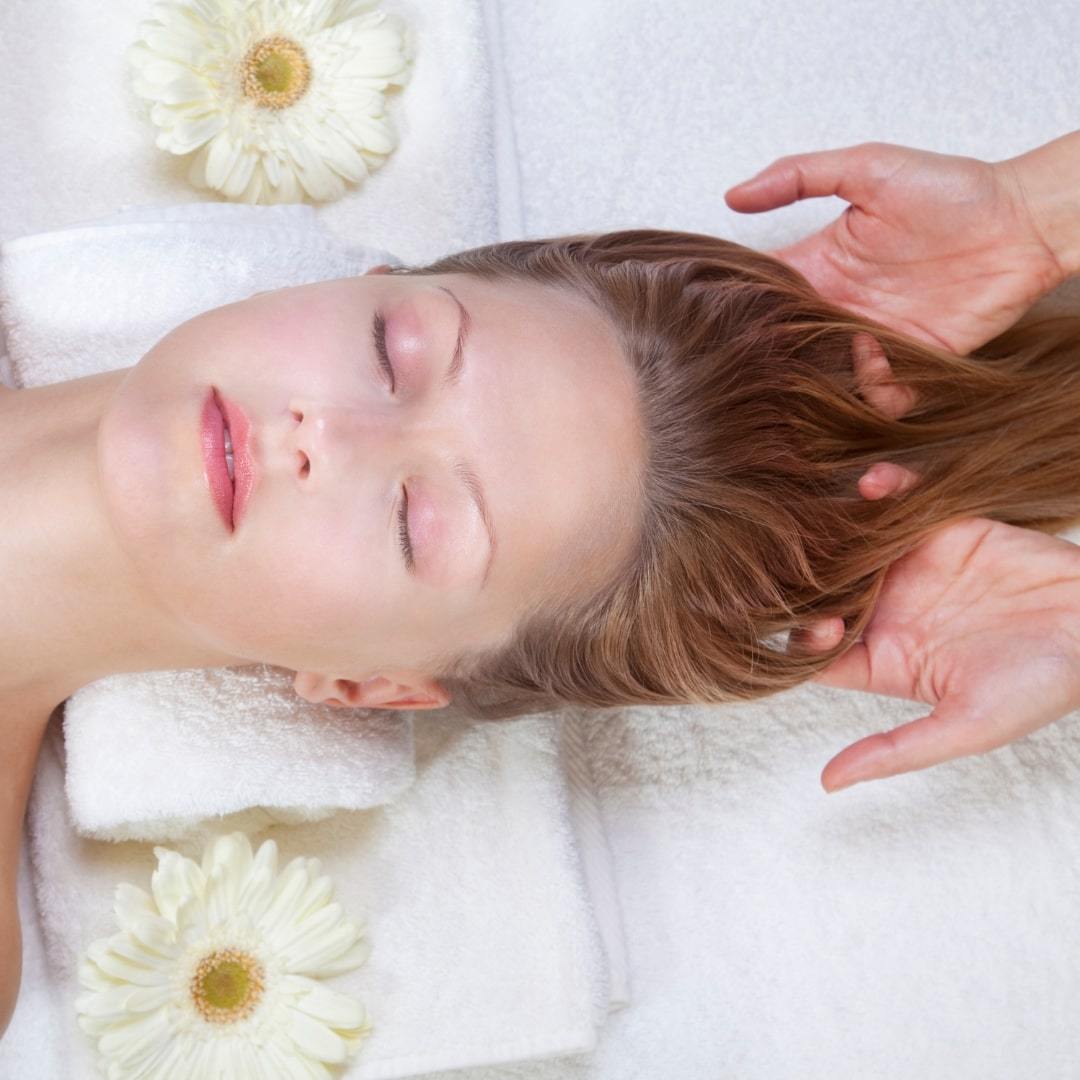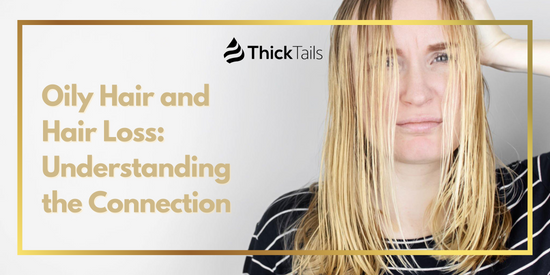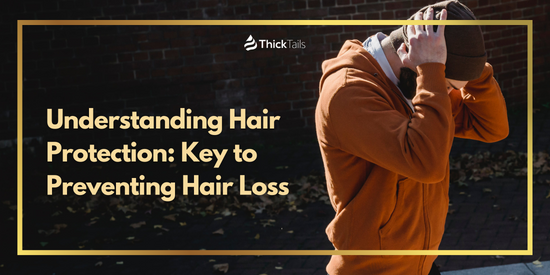Stress can play a significant role in a breadth of health issues, including male hair loss. For men, the idea of losing their hair can extend beyond just physical changes; it often has profound psychological implications. Understanding the relationship between stress and hair loss is crucial for men who want to not only prevent hair loss but also improve their overall health.
In this comprehensive blog post, we're going to explore the intricate connection between stress and male hair loss, providing you with the knowledge you need to tackle these issues head-on. From understanding the physiology behind stress-related hair loss to practical tips for managing stress, we aim to arm you with the information necessary to maintain a healthy head of hair.
The Science Behind Stress-Related Hair Loss in Men

Male hair loss can be a complex issue, influenced by genetics, hormones, and environmental factors. Stress is one such element that can trigger or exacerbate hair loss. Understanding the science behind stress-related hair loss is the first step in addressing the root of this issue.
Understanding the Hair Growth Cycle and Stress Effects
Hair grows in a cyclic pattern that includes three main phases—growth (anagen), transitional (catagen), and resting (telogen). The anagen phase, which determines the length of the hair, can be upended by high levels of stress, leading to a disruption in the cycle and premature hair shedding. Chronic stress can prolong the telogen phase, halting new hair growth and causing diffuse thinning.
Cortisol and Hair Follicle Health: The Stress Hormone Impact
Cortisol, the "stress hormone," is released by the body as a response to stress. High or prolonged levels of cortisol can have direct negative impacts on the hair follicles. It can shift the hair cycle towards shedding, slow down hair growth, and even lead to the death of hair cells, which causes the hair to fall out.
DHT and Stress: The Role of Hormonal Changes in Hair Loss
Another hormone, dihydrotestosterone (DHT), is a leading cause of male pattern baldness. Under stress, the enzyme that converts testosterone into DHT can become more active. Elevated DHT levels can cause the hair follicles to shrink, leading to a shorter lifespan for hair and eventual hair loss.
Managing Stress for Healthier Hair Growth in Men
For men grappling with hair loss triggered by stress, incorporating a specialized hair care regime can make a notable difference. Utilizing a high-quality shampoo and conditioner formulated specifically for hair loss can help in cleansing the scalp and removing build-up, thus facilitating healthier hair growth. Additionally, integrating a hair serum designed for men experiencing thinning can nourish hair follicles and promote strength. These hair care essentials, when combined with stress management techniques, form a holistic approach towards mitigating hair loss and fostering a healthier, fuller head of hair.
Stress Reduction Techniques: Effective Strategies for Men
Stress reduction techniques can vary from person to person, but the goal remains the same—lowering the body's stress response. For men, physical activities like exercise can be highly effective. Aerobic exercises, in particular, can help reduce cortisol levels and are known to improve mood, thereby indirectly benefiting hair health.
Mental relaxation techniques such as mindfulness, meditation, or breathing exercises can work on a more holistic, internal level. These practices lower the heart rate, blood pressure, and the body's stress response, creating an environment more conducive to healthy hair growth.
Lifestyle Changes to Combat Stress and Promote Hair Health
Incorporating lifestyle changes can also play a significant role in stress management and, consequently, in the health of your hair. Maintaining a routine that includes adequate sleep, balanced work and personal life, and social connections can contribute to overall stress reduction.
Eliminating unhealthy habits like smoking and excessive drinking can also help, as these behaviors can exacerbate stress and interfere with the body's ability to manage cortisol levels.
The Role of Diet and Nutrition in Stress Management and Hair Growth
The adage "you are what you eat" holds true for stress management and hair health. A diet rich in vitamins, minerals, and proteins is important for maintaining healthy hair and for supporting the body's stress response.
Vitamin B-complex, vitamin C, zinc, and omega-3 fatty acids have been linked to promoting healthy hair growth and reducing stress. Including foods such as leafy greens, nuts, fish, and lean meats in your diet can provide the necessary nutrients to support your hair and health.
Practical Tips and Strategies for Men's Stress Management

For men battling stress-induced hair loss, creating a comprehensive hair care routine is vital. Incorporating specialized shampoo and conditioner products, alongside a potent hair serum, can significantly mitigate hair shedding and thinning. These products not only cleanse the scalp and nourish the hair follicles but also create an optimal environment for healthy hair growth. By integrating stress management techniques with a dedicated hair care regimen, men can effectively combat hair loss, enhancing both their hair's health and their overall well-being.
Incorporating Relaxation Techniques into Daily Routine
Incorporating relaxation techniques into your daily routine can greatly enhance your stress management strategy, substantially benefiting those dealing with hair loss. For men navigating the challenges of stress-induced hair thinning, adopting a hair care regimen that includes the use of quality shampoo and conditioner, along with a nourishing hair serum, is essential. These products are specifically designed to combat hair loss by revitalizing the scalp and strengthening the hair follicles. By addressing stress head-on with both relaxation practices and targeted hair care solutions, men can pave the way towards a healthier, fuller head of hair, underscoring the critical role of stress management in combating hair loss.
Seeking Professional Help: Therapies and Counseling
For men experiencing hair loss, acknowledging and addressing the underlying stress factors is crucial. Stress can severely impact hair health, accelerating hair loss and thinning. Seeking professional help through therapies and counseling can provide men with effective strategies to manage stress, thereby potentially slowing down or reversing the progression of hair loss. These avenues not only offer tailored approaches to stress reduction but also support men in cultivating healthier coping mechanisms, ultimately contributing to improved hair health and overall well-being.
Holistic Approaches: Yoga, Meditation, and Mindfulness for Stress Reduction
Exploring holistic approaches like yoga, meditation, and mindfulness can significantly benefit men suffering from stress-induced hair loss. These practices not only aid in reducing stress levels but also contribute to a healthier lifestyle that supports hair growth. Incorporating a meticulous hair care regimen, which includes the use of specialized shampoo and conditioner along with a nourishing hair serum, can further assist in addressing hair loss. For men looking to combat hair thinning, combining these stress reduction techniques with the right hair care products offers a comprehensive strategy towards achieving a healthier, fuller head of hair.
In conclusion, the relationship between stress and hair loss is a significant one, especially for men. By understanding the mechanisms at play and taking proactive steps to manage stress, you can help prevent or slow down hair loss and, most importantly, improve your overall health and quality of life.
For more information about stress management, male hair loss, and hair care products that can help reverse the effects of stress, explore our range of articles and products tailored to men's health and wellness.
Remember, addressing stress-related hair loss is not just about regaining lost hair; it's about taking care of your whole self, from the inside out. Stress may be a part of life, but it doesn't have to rob you of your confidence or your hair. Prioritize your well-being, and you may just find that a healthier head of hair follows.

